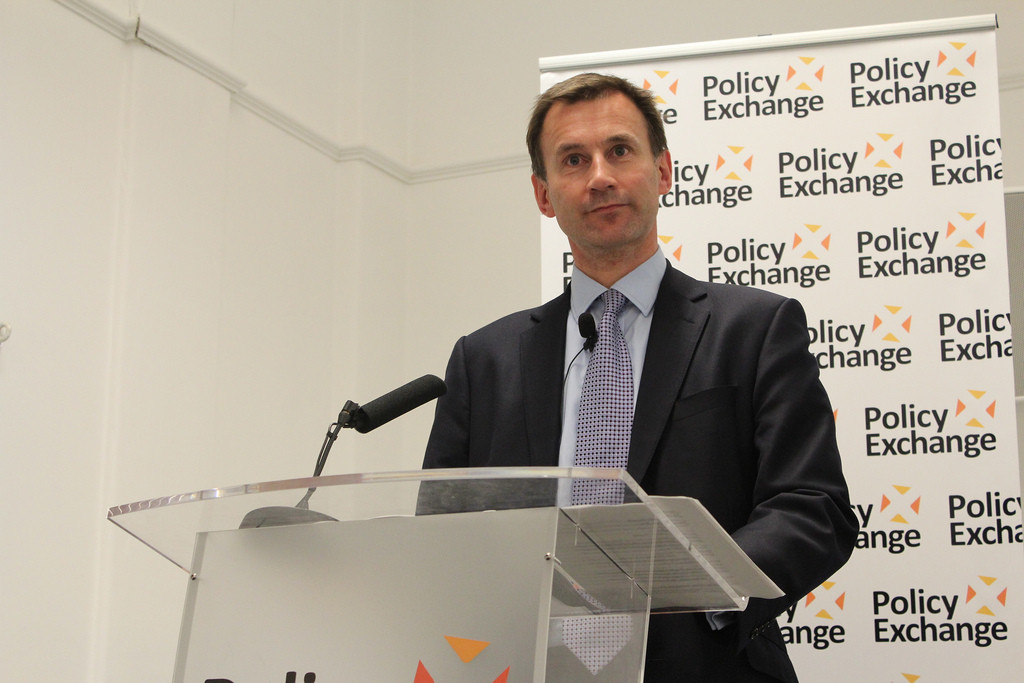Junior Doctor’s new contract: deeply unsafe, financially unviable, very unfair
It’s not just middle class twenty-somethings venting frustration at a pay cut, the new junior doctor contract is a damning, toxic and divisive imposition which is the biggest single threat to the NHS in a generation. What on earth is it all about I hear you cry? Is using the emotive entity of the National Health Service just a ploy to protect the interests of doctors? No, it really isn’t, and if the new recommendations go through next August the dam will burst and I fear it will be too late to stop the tide. Here’s a few truths:
Junior Doctors run hospitals. The term “junior” is a misnomer. They include all doctors below consultant level and so most are in their 30s and have families. They are in charge of cardiac arrest situations when patients are having CPR; they deliver babies by emergency C-section in the middle of the night; they comfort a mother whose baby has just died of meningitis. That same doctor will also care for 100 other children overnight who may get critically ill.
Junior Doctors are already working overtime for free (2-3 hours a day on average unpaid) and do so willingly. However the number of patients presenting to hospitals is rising exponentially, the ageing population is filling up hospital beds, and no matter how hard doctors are firefighting, patients have to wait to be seen, mistakes are made under pressure and complaints from the general public are on the rise. Yet the Prime Minister feels that now is the time to stretch this perilously thin service even more, so that you can hear the foundations creaking under the weight.
David Cameron hopes that his underfunded and understaffed army of doctors will somehow spawn clones to work all day, all night, seven days a week – I must stress that emergency services are already covered at these times. The crux is this: The Health Secretary Jeremy Hunt wants doctors to increase the normal working week by 30 hours (making it a 90-hour week), spreading them so thinly that they cannot do their job properly and will move away or quit before they make a career-ending mistake.
What we also know is that there won’t be the staff to plug this new hole, recruitment is in crisis, the Conservatives had pledged 5000 new GPs by 2020. This is not possible, 1 in 3 GPs plan to retire, resign or emigrate in the next 5 years (there are currently 35,561 GPs in England, this is fewer than the 35,917 in 2010). The new contract will mean a pay cut of between 30-40% for GP’s in training so they’ll either leave or do something else. The raw deal? More late nights, tired doctors, more mistakes, substantially less pay, and an exodus of medics leaving to work abroad. This year record number of doctors left to work in New Zealand and Australia (41% of national trainees after foundation training).
The Governments retort? ‘There will be winners and losers’ from the new deal. Who are the losers? Those who work in jobs which are proving almost impossible to recruit to: GP, A&E and Psychiatry. For the general public who would wish to make appointments to see the aforementioned specialties in a timely fashion I’m afraid your wish will not be granted. To fill these newly created chasms in staffing NHS England will turn to locum doctors at double the price – not very sensible planning, a bit like shooting yourself in the foot.
The Conservative Party is sucking life, energy and money out of the NHS yet at the same time wishes to turn it into a giant shopping centre which provides services 24/7 run by machines, not humans. Working in a hospital, I assure you, is not like working in retail (which I accept comes with its own difficulties). It takes years of training, hordes of skilled people, and requires alert and orientated staff who are not at breaking point. Next time you take a flight with a pilot who feels tired, unable to concentrate and who has not had proper breaks, do so at your own peril, for the hospitals of England will become dangerous places if this bill goes through.


